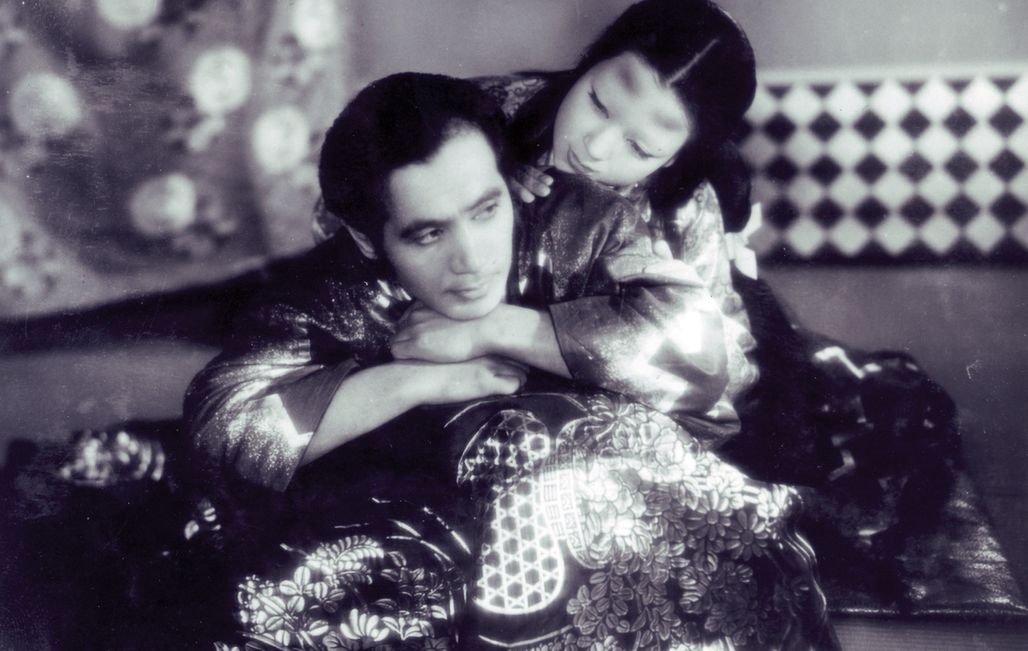
The ghostly tale by Japanese master Kenji Mivzoguchi

Cannes Classics presents Japanese director Kenji Mizoguchi's restored masterpiece Ugetsu Monogatari (1953). Pascal-Alex Vincent, filmmaker and lecturer at Sorbonne-Nouvelle University in Paris, talks about this dramatic adventure, combining a war film with a ghostly tale.
Masterpiece
Ugetsu Monogatari is one of the three most famous films of the golden age of Japanese cinema, winning the Silver Lion at Venice Film Festival in 1953. Distributed worldwide after its release, it introduced the West to Japanese film.
It is an unfailing masterpiece, perhaps the greatest film by the greatest ever Japanese filmmaker, and regularly ranked among the top ten films of all time. It is the extraordinary precision of its staging that makes it so impressive. Adapted from a novel by Japanese author Ueda Akinari and a story by Guy de Maupassant (embellished!), the narrative takes place in sixteenth century feudal Japan, but has a resolutely modern feel.
Famous scene
The scene of the lake crossing was shot entirely in the studio using tanks. It is famous for its beautiful light, atmosphere and music, and shows the protagonists deciding to get on a boat and cross a foggy and slightly unsettling lake. And so we are drawn into the fantastic tale.
Restoration
A vast majority of pre-1950s Japanese films are now lost, and it's time to bring them back to their former glory. Ugetsu Monogatari is a work of maturity, one of the last films made by Mizoguchi (his 78th), who mainly worked on silent movies, but marks the pivotal moment when his career turned to genius.
Presented by The Film Foundation, KADOKAWA Corporation and the Hollywood Foreign Press Association. Restored by The Film Foundation and KADOKAWA Corporation at Cineric Laboratories.


